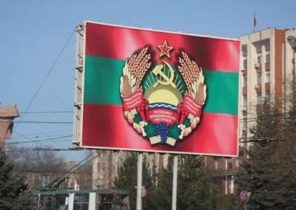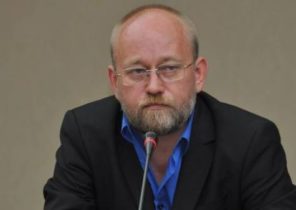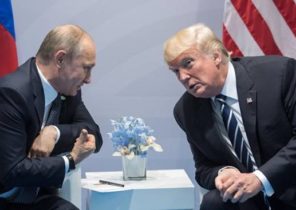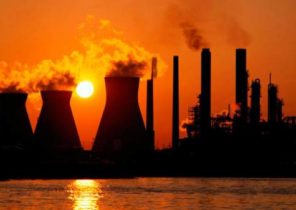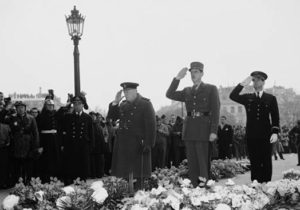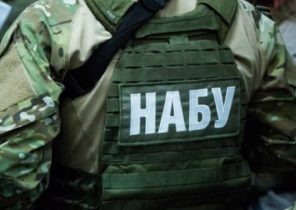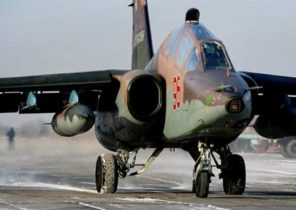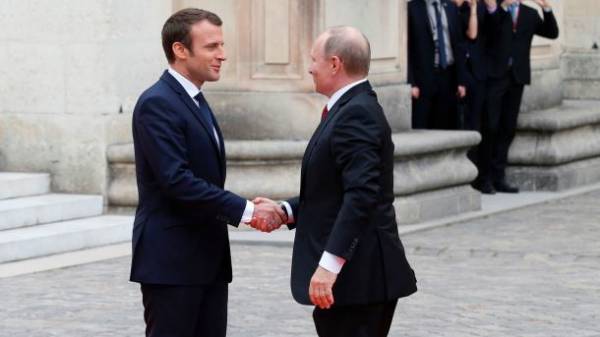
In Republican country, the reception could hardly be more Royal. Exactly 300 years after the young Louis XV took Tsar Peter I in the Palace of Versailles to show him Royal splendor, the President of France Emmanuel macron chose the same scenery for the reception of the President of Russia Vladimir Putin. The gold leaf on the Palace was sparkling under the spring sun. Sentries in helmets with tassels lined the red carpet, when Putin took a step out of a limo. But if the symbolism of the meeting may 29, talked about the friendliness, she really showed the internal rigidity of the 39-year-old President of France, who in diplomacy newbie. This writes The Economist, after a two-hour meeting macron described the talks as “direct and Frank”, which in diplomatic jargon means that the conversation really was tense, reports ZN.ua.
When Putin was standing next to him in the Hall of battles, macron said that his “red line” is the use of chemical weapons in Syria. He warned Putin that France would not “weak” and indecisive in response to new atrocities. Macron also said that he and the Russian President has agreed to meet in new negotiations with the leaders of Germany and Ukraine to discuss the peace process in the Donbass. However, the most significant was how the French President has criticized Russian media for spreading propaganda and disinformation, calling the Russian journalists “agents of influence” who spread “lies”. Putin, who was standing nearby, remained silent.
The meeting in Versailles was to restart the Franco-Russian relations. Last year, Putin canceled a visit to Paris after the then French President Francois Hollande canceled his trip to Moscow because of the Russian bombing in Aleppo, Syria. Hollande also refused to sell the two ships of class “Mistral”, built for Russia, considering the Russian annexation of Crimea. Macron this week said that voice differences is important in order to move forward.
His colleagues say that the new French President wanted to achieve a “demanding dialogue.” “It is important that Russia has not acted in isolation. Because then it becomes dangerous,” said one of the supporters of Macron. In Paris explained that he wanted to give Russia an international response, while Germany is busy with domestic issues and elections.
Macron – novice in world politics, so no one knew what to expect from him. But the contours of his approach began to emerge after a few days, which he spent at the NATO summit last week in Brussels, as well as at the G7 meeting in Sicily. It became clear that the French President is attentive to symbols and gestures. Tightly clenching the hand of the President of the United States Donald Trump, macron admitted that it was “no accident”. He later added that it was important to get respect from the leaders of America, Russia or Turkey, whose diplomacy is based on the balance of power.
In a broad sense, the macron wants to maintain strategic independence of France, to strengthen its voice on the global stage with the help of a United Europe. Any question in France and Germany will give the answer first. Macron chose Berlin for his first foreign trip, and signaled to Angela Merkel at the G7 summit. He wants his country again became an important and reliable partner for Germany after the reform.
But he also sees the global importance of France, which remains the greatest military power in continental Europe. Diplomatic inexperience of Macron might not be as disadvantage as an opportunity to start anew. This week at the meeting with Putin, he has shown that he can be not only pretty for the public. Now he needs to show that he is able to apply a wide range of skills to achieve the objectives.
We will remind, the President of France Emmanuel macron has received the President of Russia Vladimir Putin on may 29 at the Palace of Versailles. The talks lasted three hours. As reported, the leaders of France and Russia gathered to discuss the work of “Norman format”, Minsk agreements, the situation in Syria, Libya and North Korea.
